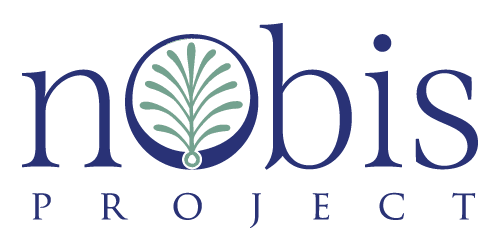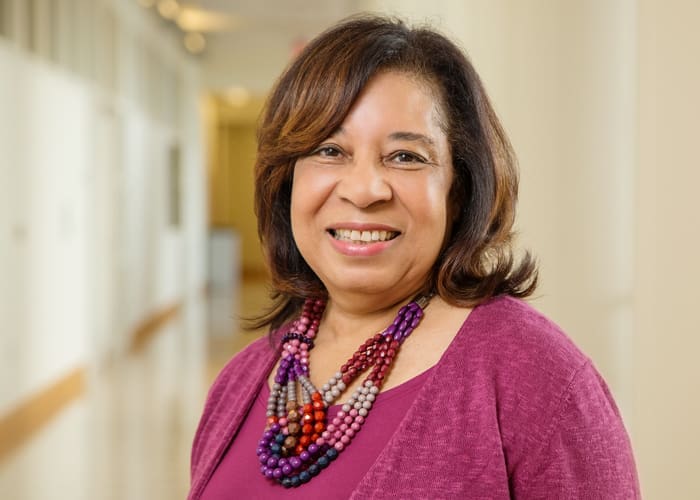We each have one educator who made a profound impact on our life. Dr. Saundra Murray Nettles is one of these treasured people in my life. On a rare occasion, we former students have the opportunity to share our appreciation for the gifts our teachers have bestowed upon us. I had the privilege of nominating Dr. Nettles for the Elizabeth Hurlock Beckman Award, an award given to current or former academic faculty members who have inspired their former students to “create an organization which has demonstrably conferred a benefit on the community at large.” Dr. Nettles won the award based on my nomination. Here are some excerpts from my nomination letter.
Dr. Nettles serves as one of my graduate advisors while I pursued a Ph.D., she continues as both mentor and friend now in my professional career as a social justice educator. The theoretical concepts, pedagogical revolutions, and first hand experiences Dr. Nettles introduced me to continue to shape my work. I share Dr. Nettles’ enthusiasm and firmly held belief that education in the US is not serving all students. During my graduate studies she guided me to understand how social systems and inequitable policies perpetuate a broken education system. In my research, where I wanted to create a service-learning model to teach civic engagement and prepare K-12 students to create a better world, she challenged me to consider how to teach democracy when participation was historically limited to certain groups, and when people today are disenfranchised by the very system designed to give them voice. I learned from her that a challenge of service-learning, at all ages, is exposing students to the imperfections of the world while guiding them to be change agents. She pushed me to have uncomfortable conversations and to unpack my own privileges so that I could begin to see the world from perspectives very different from my own.
Dr. Nettles’ contributions to my learning have never ceased even as all these years have passed. Most notably, in the early years of Nobis Project, when she serves as the first board President, and her wondering questions provoked me to dig deeper into the needs of educators and to use Nobis Project as a vehicle for collaboratively working with educators (pre-k-higher education), academics, community partners, and students to respond to challenges of teaching about civic engagement and global citizenship. In our first Nobis Project Think Tank we created the Nobis Big Ideas, a conceptual framework to support educators in unpacking how to talk about social injustices facing society. The inclusion of a social justice framework in a service-learning model is what now sets Nobis Project apart in our field as a K-12 professional development provider.
Dr. Nettles recommended Nobis Project as a collaborator for a federal Institute for Museum and Library Services grant. The project titled, “Building African-American Museum Capacity in Savannah and Southeast Georgia” launched my introduction into the world of museums and into the under-told stories of African Americans and from Gullah-Geechee culture. From the relationships fostered while serving as the Project Coordinator, in 2014 Nobis Project launched our immersive summer professional development program for teachers, “Race, Power, and the Preservation of African American and Gullah Geechee Culture and History.” This winter Nobis Project piloted our Savannah program with student groups from across the US.
From her own research and publications, Dr. Nettles introduced me to the concept of place-based learning. In 2017 I founded a charter school in Savannah, GA using this pedagogical model. It is named after a woman born into slavery, who attended clandestine schools as a child, who served as a nurse during the Civil War, taught African American soldiers how to read and write, who later founded the first school for African Americans in Savannah, GA., and who is the only African American woman to write her own autobiography about her time during the Civil War.
Dr. Saundra Murray Nettles’ profound impact on my life now reaches thousands through the work she inspired. What teacher made a mark on your life? And did you ever reach out to tell them? Share your story in the comments below:


0 Comments